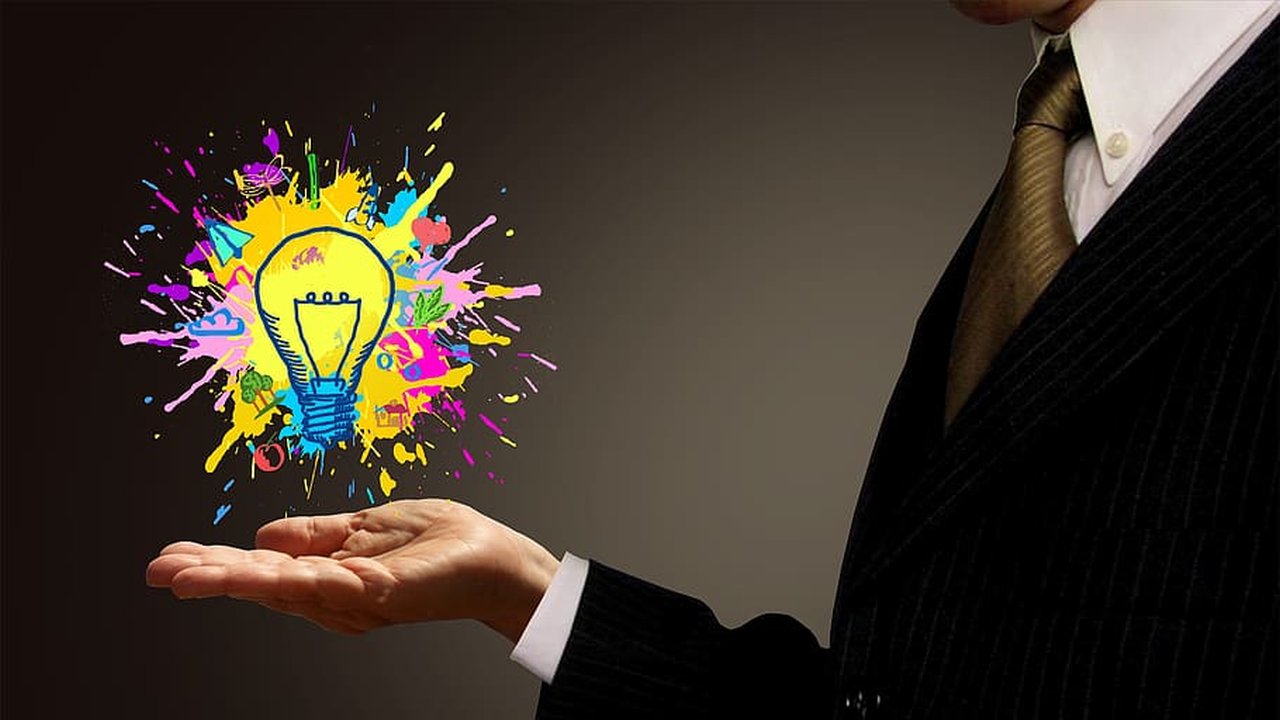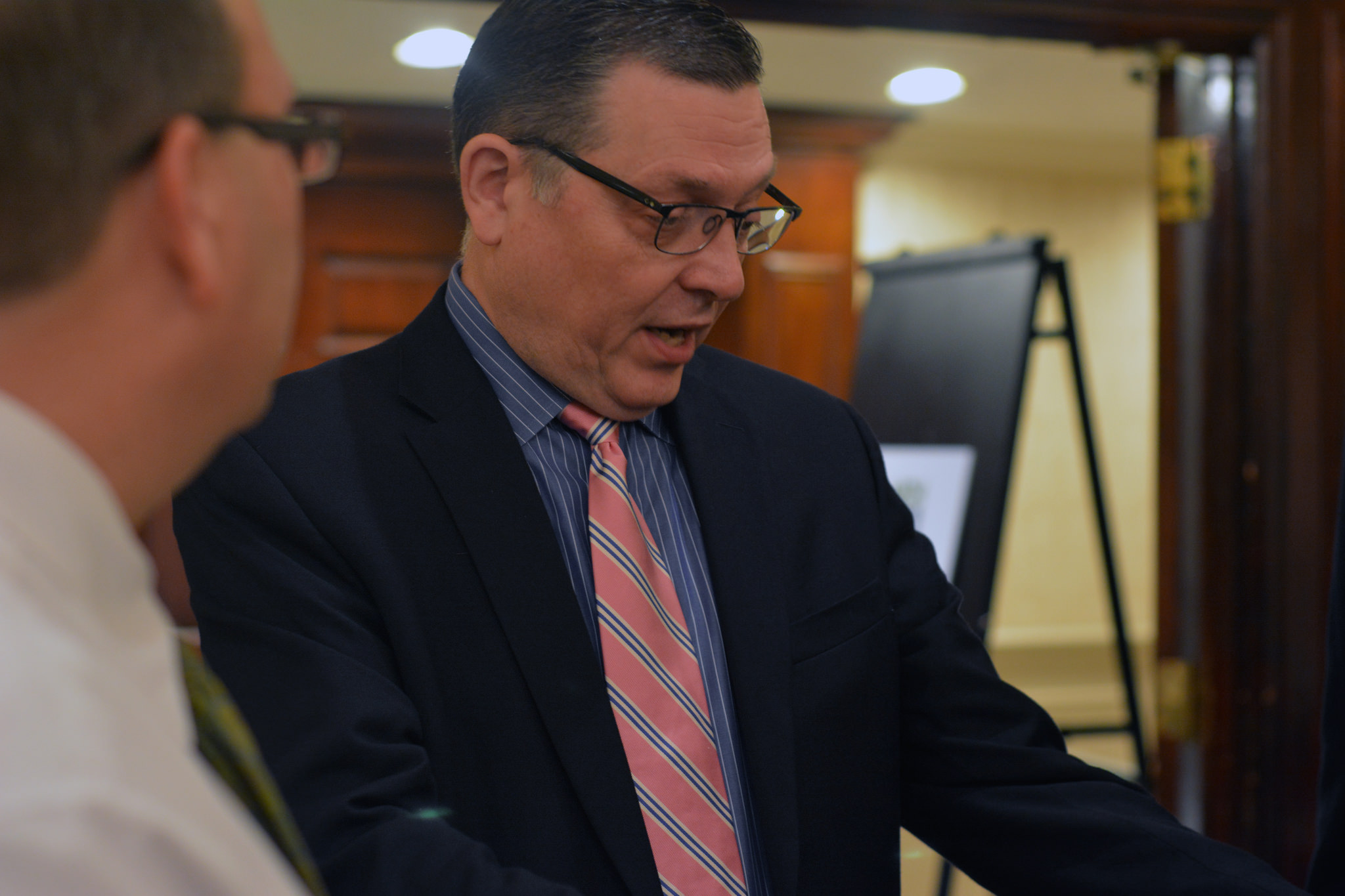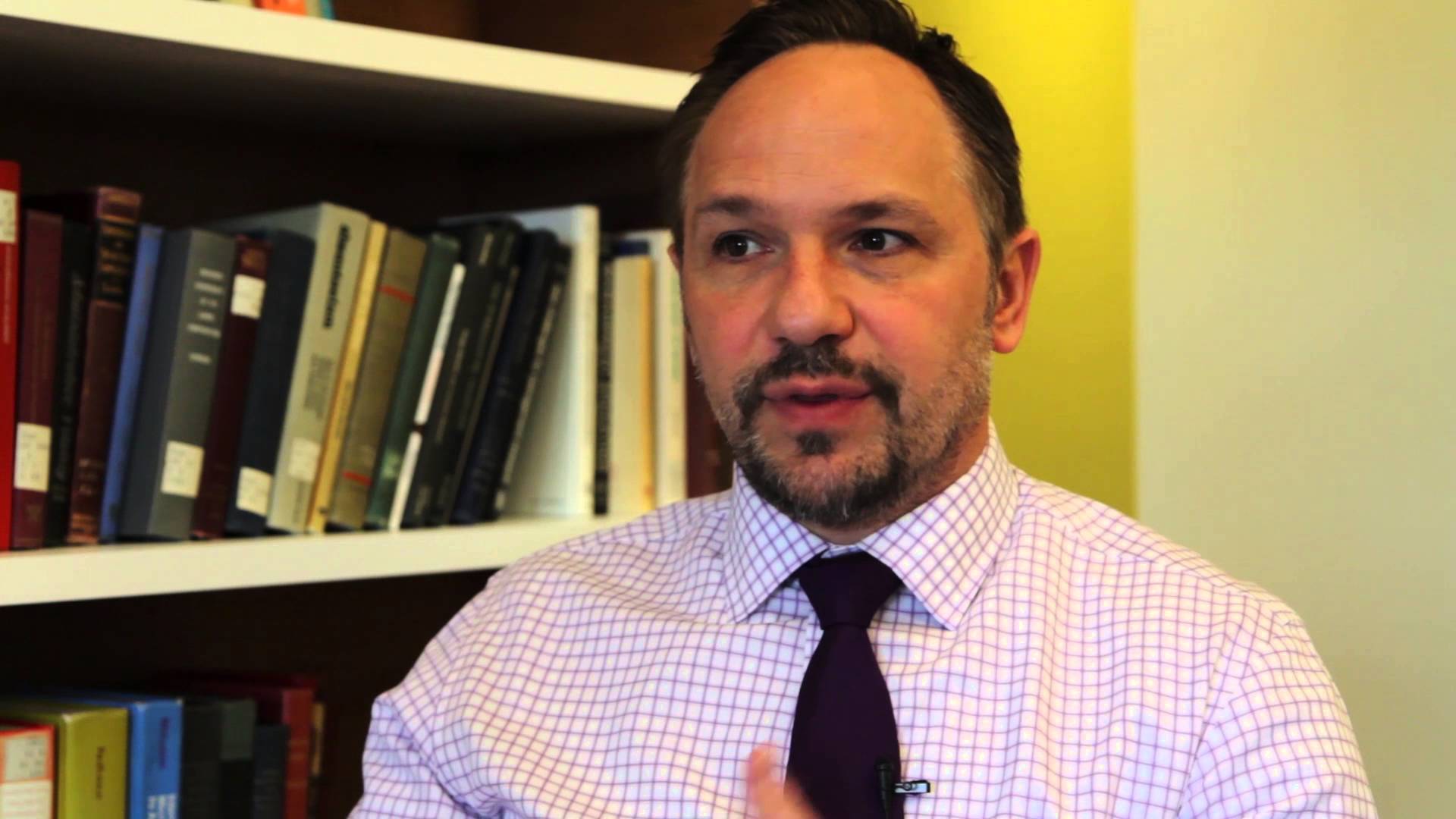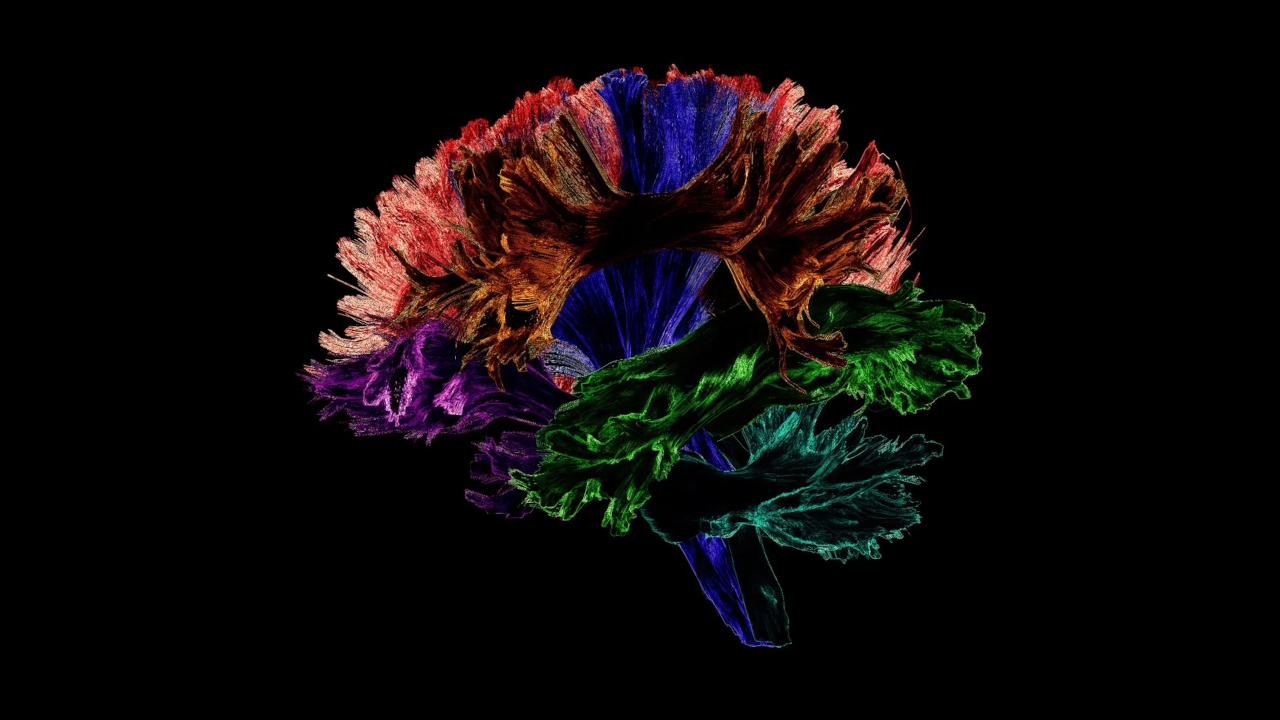
Introduction to arts and culture in knowledge management series [Arts & culture in KM part 1]
This article is part 1 of a series exploring arts and culture in knowledge management.
The valuable role of arts and culture in knowledge management (KM) is increasingly being recognized. For example,
- Dr Arthur Shelley (a RealKM Director) has developed The Organizational Zoo as a creative metaphor1 for human behaviors in organizations.
- Stephanie Barnes highlights the benefits of creativity and arts-based interventions (ABIs) in her radical KM approach2.
- Goal 14 of the Agenda Knowledge for Development3 is “The arts and culture are central to knowledge societies. Literature, the performing arts and the visual arts are key elements of a knowledge society, as are religion and spirituality.”
- Laura Rademaker, Joakim Goldhahn, Mr Gabriel Maralngurra, Mr Kenneth Mangiru, Paul S.C.Taçon, and Sally K. May describe how galleries of First Nations rock art are vast repositories of knowledge4 from which we can all learn.
- Dr Ann Russell uses metaphor to explore the the hidden curriculum in art education, where knowledge, skills, and values are implicitly imparted to students5.
In response, RealKM Magazine has commenced a new series of articles on arts and culture in KM. Articles in the series will initially be published weekly, and contributions are invited – see below.
The series will explore relationships and interactions between all aspects of KM and arts and societal culture in their broadest sense, with “arts” and “culture” defined6 as follows:
Contributions are invited
Submissions to the RealKM Magazine arts and culture in knowledge management series are warmly invited. Potential contributions can include:
1. Direct contributions of arts or cultural materials that work with knowledge in some way
For example, any of the following:
- poetry or story texts
- video or audio recordings of dance, music, theatre performances, or intangible cultural heritage7
- images of paintings, sculptures, architecture, or cultural heritage
- short or long films
that play a role in knowledge creation, storage, use, or sharing, together with an accompanying text explanation of how this happens or is achieved.
If you’re interested in potentially contributing in this way, please feel free to make contact to discuss your ideas.
2. Informative or educational articles that explore aspects of arts and culture in KM
This type of article submission should meet the requirements of the RealKM Magazine editorial guidelines. In particular, these articles should be backed by sound research on accepted or emerging KM practice, or describe a real and specific case scenario. All research references must also be linked open access articles or publications.
Some exceptions to the requirement for articles to be backed by sound research can however be made, for example to deliver epistemic justice8 in regard to indigenous or other forms of knowledge that are currently underrepresented in the research literature. Other articles in this series and their references can also be potentially be used as references for your article.
Please note that the requirement for articles to be backed by sound research is not to say that professional expertise has no value in comparison to research literature. Professional expertise certainly has value, and indeed, is also one of the four sources of evidence in evidence-based KM. Rather, this requirement is to emphasize that RealKM Magazine‘s purpose in the wider KM landscape is research communication, and there are numerous other forums for expressions of professional expertise.
If you’re interested in potentially contributing in this way, please feel free to make contact to discuss your ideas.
Header image: Colorful pathways of the white matter by Francois Rheault, Sherbrooke University, in The Neuro Bureau Brain Art Competition 2018, CC BY-SA 4.0.
References:
- Shelley, A. W. (2012). Metaphor as a means to constructively influence
behavioural interactions in project teams (doctoral dissertation). RMIT University, Melbourne. ↩ - Barnes, S. (2021). Radical knowledge management: using lessons learned from artists to create sustainable workplaces. Frontiers in Artificial Intelligence, 4, 598807. ↩
- Brandner, A., & Cummings, S. (Eds) (2018). Agenda Knowledge for Development: Strengthening Agenda 2030 and the Sustainable Development Goals, Third Edition. Austria: Knowledge for Development Partnership. ↩
- Rademaker, L., Goldhahn, J., Maralngurra, G., Mangiru, K., Taçon, P. S. C., & May, S.K. (2022, March 24). Friday essay: ‘this is our library’ – how to read the amazing archive of First Nations stories written on rock. The Conversation. ↩
- Russell, A. E. (2021). Recipes From the Gingerbread House: Exploring the Witch Archetype to Address the Hidden Curriculum in Secondary Schools (doctoral exegesis). Australia: University of Southern Queensland. ↩
- Bammer, G., & Deane, P. (n.d.). List of terms with definitions. Integration and Implementation Insights. ↩
- UNESCO. (n.d.). Culture, Intangible Heritage, Convention, What is Intangible Heritage? ↩
- Cummings, S., Dhewa, C., Kemboi, G., & Young, S. (2023). Doing epistemic justice in sustainable development: Applying the philosophical concept of epistemic injustice to the real world. Sustainable Development, 1– 13. ↩

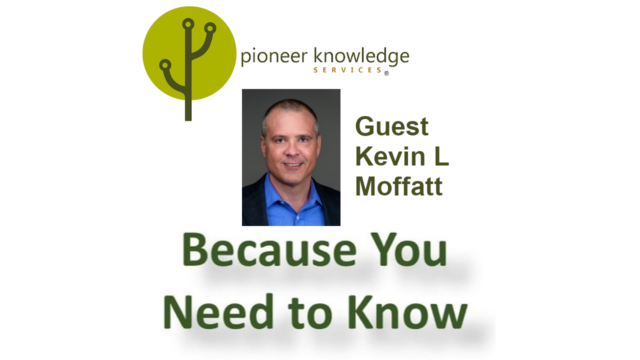
![Hands Teamwork Team-spirit Cheer Up Team People [Pixabay image 1939895]](https://realkm.com/wp-content/uploads/2018/06/hands-1939895_640.png)
